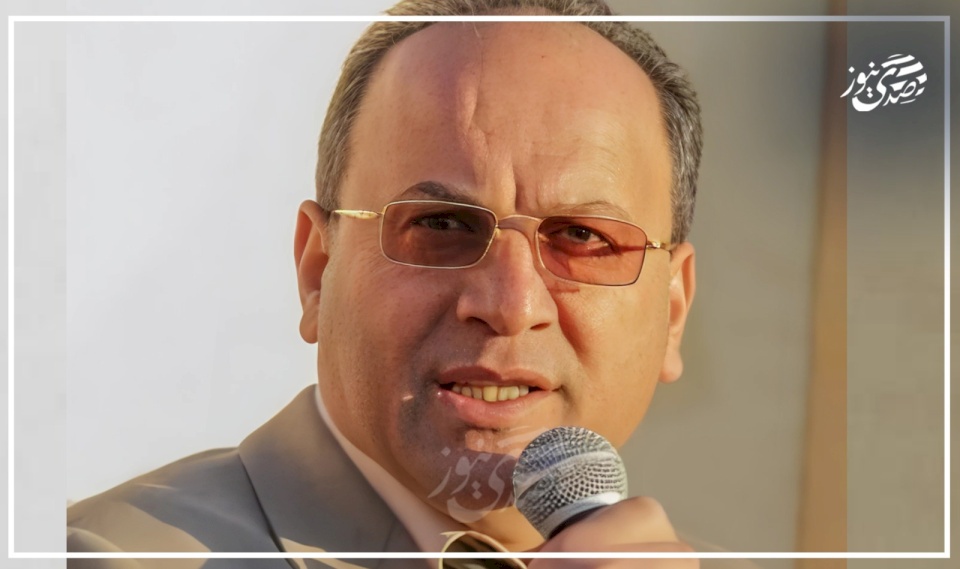
Shifting the Focus... Palestine Between Tragedy and International Policies
The Palestinian issue cannot tolerate ambiguity and does not require repetitive speeches to clarify it; it is simply a matter of a people deprived of their natural right to live on their land, with their suffering being turned into material for political bargaining and international tensions. Despite its clear moral and legal standing, the world continues to treat it as if it were a peripheral dispute that can be tailored to suit political interests or moods, while the suffering of the Palestinians on the ground continues to escalate under a politically silent double standard.
Today, with the return of President Trump to the White House, attempts to reshape the Palestinian scene within new-old approaches are being renewed. Instead of talking about ending the occupation, discussions focus on ending resistance, and instead of recognizing the right to self-determination for Palestinians, discussions are presented about a conditional "peace" and "stability" devoid of justice and about "international forces" intended to replace the will of the peoples.
The reality is that the Palestinian issue has never been a mystery requiring complex plans or political deals; the solution is clear and simple: recognition of an independent Palestinian state on the 1967 borders with East Jerusalem as its capital. This recognition alone is sufficient to end the ongoing conflict for more than seven decades and to close the files concerning security, arms, curricula, and prisoners, because a free state does not need resistance but rather needs development and stability.
However, the world, with all its institutions and platforms, practices a blatant double standard in its dealings with the Palestinian tragedy. When a limited number of Israelis are killed or captured, Western capitals mobilize all their apparatuses, hold emergency meetings, launch solidarity campaigns, and open crossings for the latest technologies and military and humanitarian equipment in search of fewer than ten bodies. Countries and armies participate in this, money is allocated, and planes equipped with advanced sensors are dispatched in a scene that illustrates how "humanity" is managed according to geography and identity, not according to values and principles.
In contrast, when entire neighborhoods are annihilated in Gaza, the bodies of Palestinian children and women are left under the rubble, and the bodies of martyrs have been held in number cemeteries for more than four decades, the world remains silent as if nothing has happened. There are no rescue efforts, no search equipment, and no urgent sessions for the Security Council—only heavy silence punctuated by repeated statements of "concern" and "calls for calm," hollow words that do not nourish or protect justice. The scene peaks when massive international efforts are made to recover a few Israeli bodies while tens of thousands of Palestinian remains are left under the rubble without their families being granted the right to a final farewell. At a time when major powers move for the sake of twenty Israeli captives, they ignore ten thousand Palestinian prisoners languishing in the occupation's prisons enduring torture, isolation, physical extermination, and rape. It is then that we realize we are facing a global system that has lost its moral compass and a humanity measured by the scales of power rather than justice standards.
What President Trump is proposing today is not a new vision for peace, but a redefinition of the conflict according to the Israeli concept: "Security in exchange for submission." His plan is presented as a historical settlement, but in reality, it is a political whitewashing of the occupation and a complete disregard for Palestinian rights recognized by international legitimacy. There is no mention of the right of return, no real sovereignty, or even clear borders for the State of Palestine; all that exists are "temporary security arrangements" that reproduce the same reality with new tools.
In this context comes the draft Security Council resolution regarding a stabilization force in Gaza, which is still under negotiation. The draft calls for establishing a Council for Peace and executive bodies and a temporary international stabilization force to manage Gaza's affairs, monitor the ceasefire, facilitate reconstruction, and coordinate humanitarian aid. On paper, the resolution seems a step toward ending the humanitarian crisis and enhancing security, but it provides broad oversight for participating countries over Gaza's administration and places the Palestinian Authority in a limited authority position, focusing on disarmament and controlling resistance without addressing the roots of the occupation and the rights of Palestinians.
From a Palestinian perspective, this resolution poses a danger to sovereignty and the ability to manage the affairs of the sector. Therefore, it is vital to negotiate substantial amendments before passing it or to use pressure tools like the veto from some permanent member states to ensure the protection of Palestinian rights while ensuring humanitarian aid or ceasefire are not disrupted.
This proposal once again illustrates how the international community sometimes tries to divert attention from radical solutions to the Palestinian issue, leaving Palestinians under difficult living conditions while significant efforts are made to manage the crisis according to the interests of major powers. Ultimately, the recognition of the State of Palestine and full sovereignty over its lands remains the true solution, and anything less than that keeps all decisions and procedures merely temporary crisis management without lasting peace or true justice.

Between "Here is Jerusalem" and "Here is Gaza" ... The Voice of a Nation and the Steadfast...

While some count the boos, Palestinians count their martyrs.. Paradoxes of the internation...

When the Palestinian Issue is Reduced to Gaza Management

Legally Licensed Occupation

The Absence of the Palestinian Representation and the Bet on Time

Palestine: When the Criminal is Declared a 'Peace Maker'

Don't Blame the Palestinian People for the Failures of Your Regimes and Ideologies

